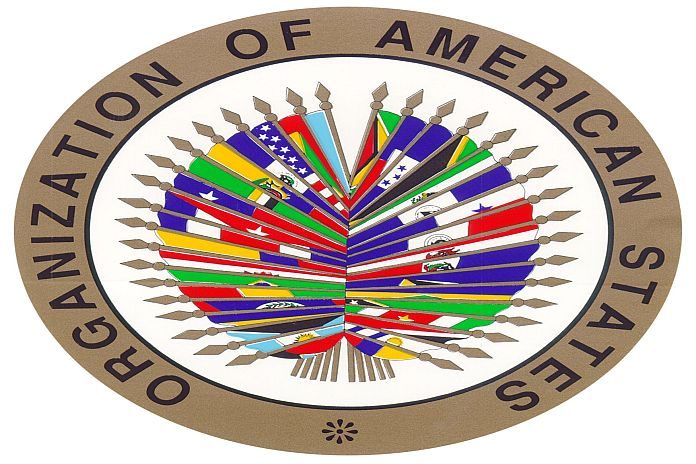WASHINGTON, USA — December 9, the Organisation of American States (OAS) [we] celebrate International Anti-Corruption Day. Corruption is a scourge that is present, to a greater or lesser degree, in all the countries of the Hemisphere. From the Organization of American States, we reaffirm our commitment to fight this endemic evil.
Corruption is a central challenge for the stability and growth of our region not only because it undermines the trust of citizens in their governments, but also because it has economic and social repercussions for the people. Moreover, the most affected are always the most vulnerable.
The scarcity of public resources available to meet the growing demands of citizens demands that we be more rigorous in demanding honesty and transparency in public management.
At a time when citizens take to the streets to demand their rights, to demand that the State fulfill its duties and to express their outrage at the acts of corruption of the government and the private sector, their demands must be answered.
Corruption and the feeling of impunity of the corrupt is one of the main factors that explain the malaise of our citizens, that loss of credibility and lack of trust.
To solve democracy´s credibility crisis these problems must be faced, and for this, it is essential that the three powers of the State and the representatives of the private sector base their actions on accountability and transparency.
From the OAS general secretariat, we have implemented two commissions in two countries of the region specifically dedicated to wage the battle against corruption.
The Mission to Support the Fight against Corruption and Impunity in Honduras (MACCIH) was created three years ago and has managed to deal with several blows to the corrupt in Honduras. There is still a long way to go in this battle, but the Mission has been key in ensuring that – to date – 13 criminal cases have been prosecuted, as well as three new cases of asset recovery. In these cases, 112 people have been prosecuted (80 public officials and 44 individuals). Moreover, the work of the MACCIH led to the identification of nearly 310 million lempiras (about 12.5 million dollars) in public funds.
Along the same lines, the OAS recently signed an agreement with the Salvadoran government for the establishment of the International Commission against Impunity in El Salvador (CICIES). In this initiative of support to El Salvador, we will work hand in hand with the national institutions whose functions, competencies and responsibilities are the fight against corruption and impunity.
There is no country, regardless of its political system or the ideology of its rulers, that can be considered free from the risk of seeing its public assets undermined and its general interests violated by the corrupt mafias that operate both from the public sector and the private sector, often forming sinister alliances to illicitly enrich themselves while causing great damage to their countries.
The OAS has a vast experience in the fight against corruption. Proof of this is that the 34 active member states of the Organization have all ratified our Anti-Corruption Convention and 33 of them are part of its monitoring mechanism (MESICIC), which, despite its governmental nature, also involves different social actors in its activities. In the 29 on-site visits made during the current round of analysis of the MESICIC, 784 public officials participated, but also 195 representatives of civil society organizations, the private sector, professional associations, and academia.
At the OAS, we will continue to contribute with all our energy to fight corruption, involving citizens in this common cause so that there is less and less tolerance for corrupt acts. In times of scarcity of resources and increased demand for social improvements, the looting of public assets is even more disgusting.
Likewise, we will continue to promote that each of our States involve different social actors in the fight against corruption, as proposed by the MESICIC recommendations aimed at ensuring that they have better access to public management information and mechanisms that allow them to exercise greater social control.
We will also join forces with other international organizations that deal with corruption, such as the Organization for Economic Cooperation and Development (OECD), the Group of States Against Corruption (GRECO) and the United Nations (UN), which have been invited to participate in the MESICIC to generate synergies in favor of the realization of mutually beneficial joint actions for the benefit of the citizens of our countries.





